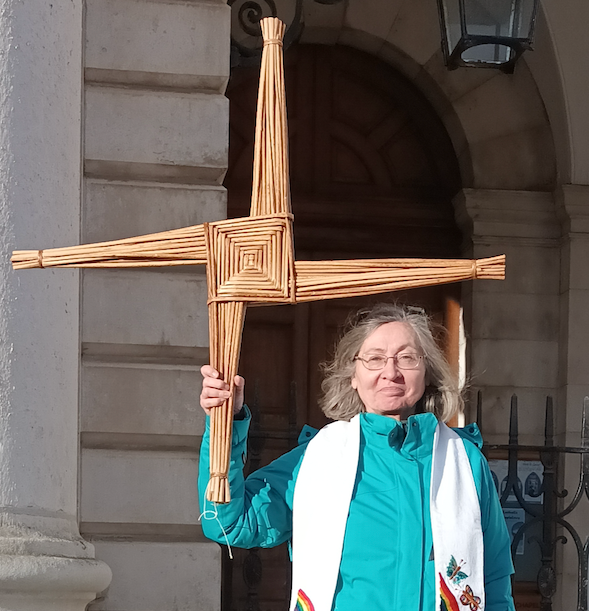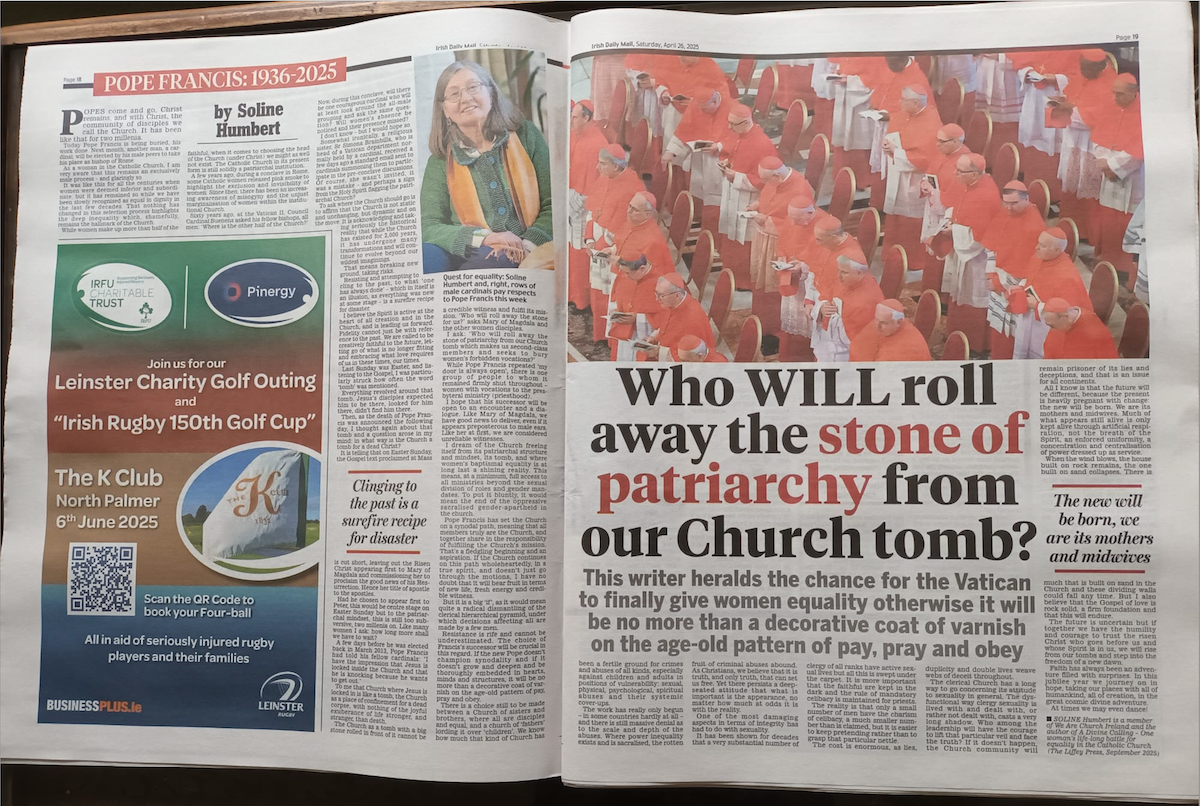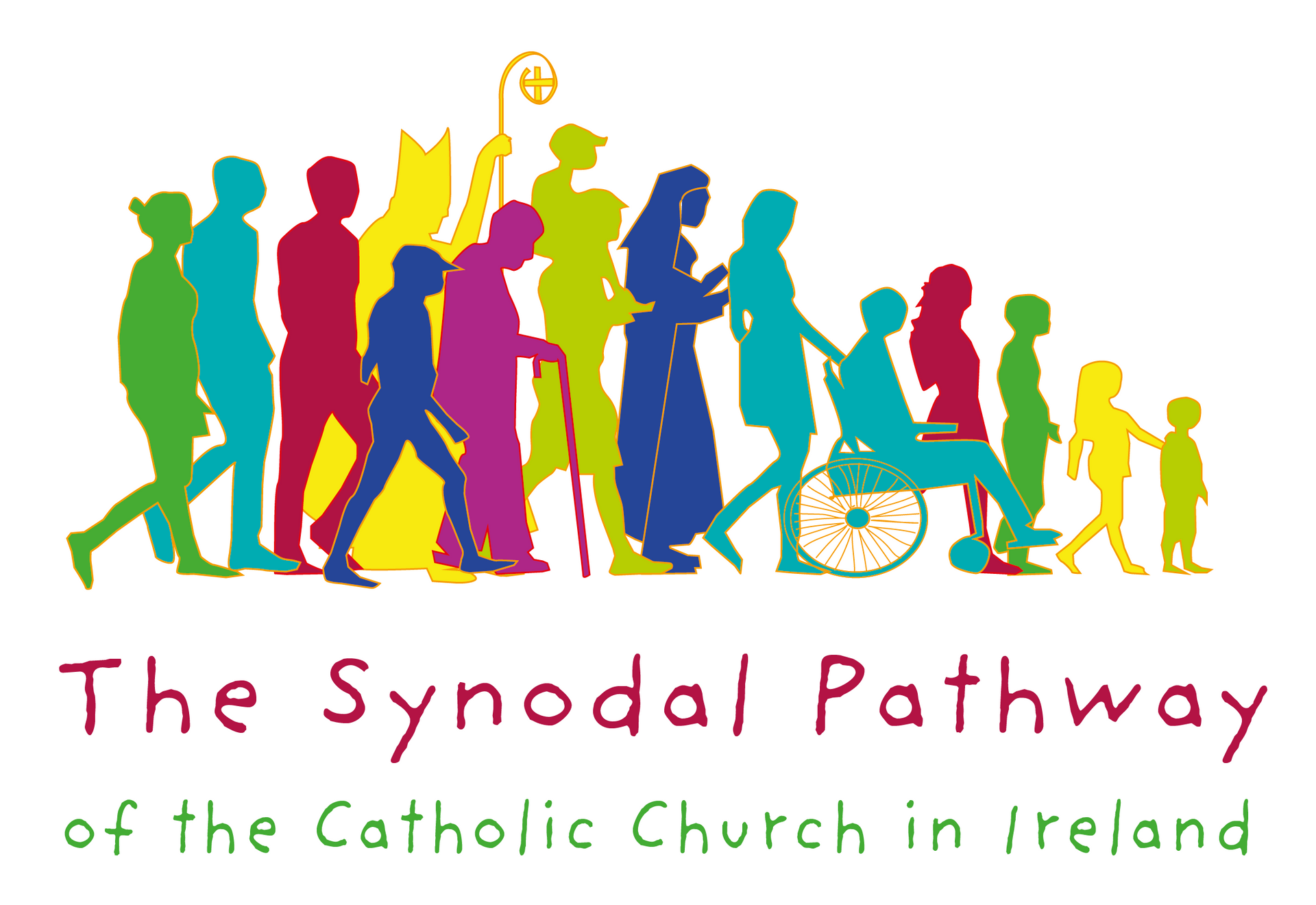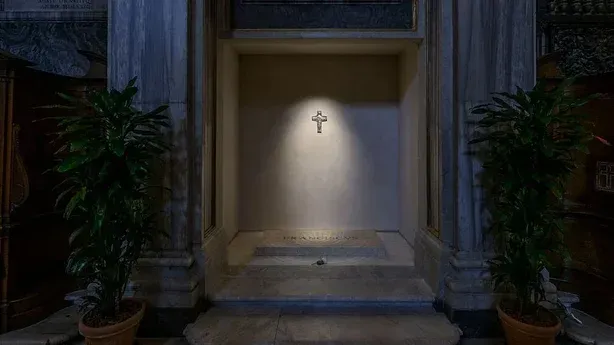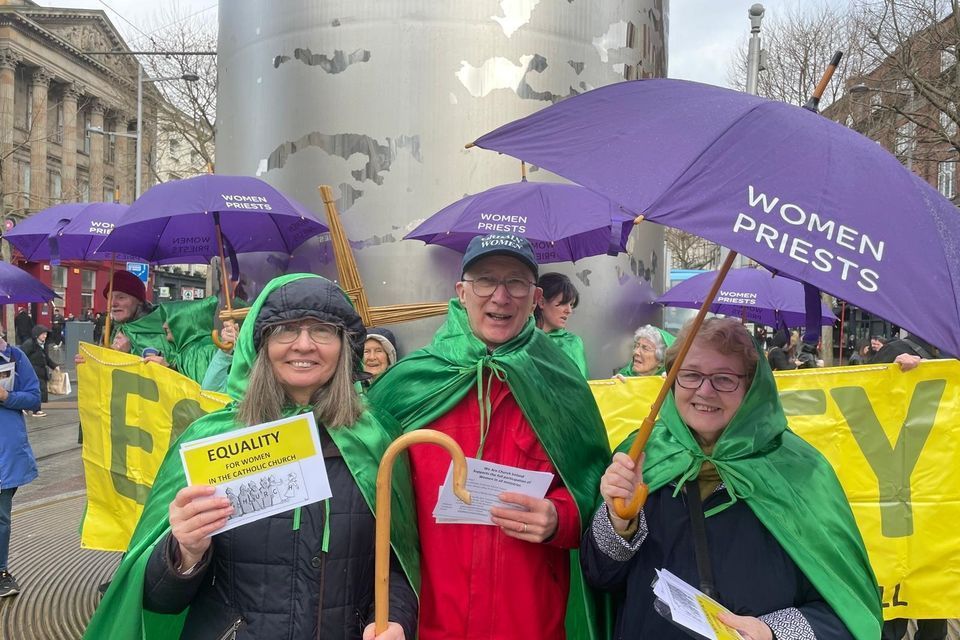An outspoken Irish theologian who was never silenced by the Vatican
Rite & Reason: Fr Gabriel Daly was unflinching in his support of his silenced colleagues and defended fearlessly those whom the church silenced

The Church Is Always in Need of Reform is the title of a book by eminent Augustinian theologian and ecumenist Fr Gabriel Daly, who died on August 30th aged 95. It was written when he was 90, and reflects his life’s pursuit of truth and wish for a reformed Catholic Church.
He was one of the most significant Irish theologians never to be silenced by the Vatican, often a cause of bemusement both to him and his friends. Fellow Irish theologians and priests Seán Fagan, Tony Flannery, Gerard Moloney, Owen O’Sullivan, Brian D’Arcy, and Iggy O’Donovan suffered the heavy hand of Benedict XVI for holding views like Gabriel’s on women priests, homosexuality, the full participation of women in defining teachings and church governance. A church that preaches justice needs to exercise justice in its relationships with its theologians.
Gabriel was unflinching in his support of his silenced colleagues. He defended fearlessly those whom the church silenced for raising legitimate questions for today’s world of critical believers who seek to make the Gospel relevant for their lives. He shared their concerns about the direction of the institutional church and the unrealised reforms of Vatican II, which called for a more inclusive, participative church community defined by the council as “The people of God” in a “Pilgrim church”.
Like the Old Testament prophet Amos, who challenged his community to return to their covenant with God committed to ethical living, Fr Daly sought reform of the institutional Catholic Church to return to an authentic Christianity
He was in tune with Pope Francis’s radical condemnation of clericalism as an obstacle to faith and his desire for a listening church in dialogue with the world and other faiths. Truth, Fr Daly believed, was established by discussion and argument, not by proclamations of authority and pre-packaged apologetics. Critical believers should be welcomed, as they profess a faith seeking understanding: the legitimate right of all believers.
Those who knew Fr Daly would not be surprised with the first reading at his funeral Mass from the book of Wisdom: “Wisdom is radiant and unfading, and she is easily discerned by those who love her, and is found by those who seek her” (6: 1-19).
Like the Old Testament prophet Amos, who challenged his community to return to their covenant with God committed to ethical living, Fr Daly sought reform of the institutional Catholic Church to return to an authentic Christianity.
Prophecy in the Old Testament was less predictive prophecy but frequently a critique of the lifestyles of many communities in which the prophets lived. Their task was to call their communities back to the authentic values of their covenant with God. In a way similar to the prophets Amos and Hosea, Gabriel fearlessly called the institutional church to return to Gospel values. He believed it was a moral duty to challenge those who opposed the reforms advocated by Vatican II.
His formative years of theological study were spent in Rome which he said taught him “what to think”. The Augustinians, with great wisdom, sent him to the University of Oxford to take a degree in history. The difference between Rome of that time and Oxford was in his often repeated “Oxford taught me how to think”. He embraced university life with enthusiasm, singing in the Bach choir. His love of music was life sustaining as was his love of rugby, where he qualified as a county referee.
A passionate ecumenist, he believed in the potential for both unity and diversity in the Christian churches. With Michael Hurley SJ Gabriel founded the Irish School of Ecumenics in 1970. He lectured in the Milltown Institute until he was invited to join staff at the School of Hebrew Biblical and Theological Studies in Trinity College Dublin, where he taught until his retirement in 2002.
He identified how far the institutional church had wandered from the Gospel values of love and compassion
In 2017, his 90th year, Fr Daly spoke of an Ecumenical Theology of the Eucharist at a conference organised to commemorate Luther’s 95 theses, which Luther intended to be the basis of reform. Luther was an Augustinian friar, who, 500 years before, shared Fr Daly’s passion for reform. Fr Daly lamented the Catholic Church’s denial of the right to share the Eucharist with other Christians, highlighting the unnecessary use of metaphysical terminology to describe what happened at the Last Supper.
As a defender of the faith and explorer of truth, Fr Daly identified how far the institutional church had wandered from the Gospel values of love and compassion. “Truth and justice demand acknowledgment of the legitimacy of opposing opinions and attitudes which have a right to be held and heard. Truth is not established by proclamations of authority, unity does not entail conformity”.
Awareness that we all live in different historical times, in different spaces, in different cultures for Gabriel meant that Gospel values need to be contextualised: how those values are incarnated in life is the mission of the institution in service to humanity. He lived to see Pope Francis’s reform of the Curia and the Congregation for the Doctrine of the Faith and a subsequent ending of the silencing of others who raise legitimate questions: those who seek to give the tradition contemporary relevance, with the insight that Gospel values may be lived differently in communities local and national.
Gina Menzies is a theologian and member of We Are Church Ireland
Rite and Reason; The Irish Times: 10 September 2023
